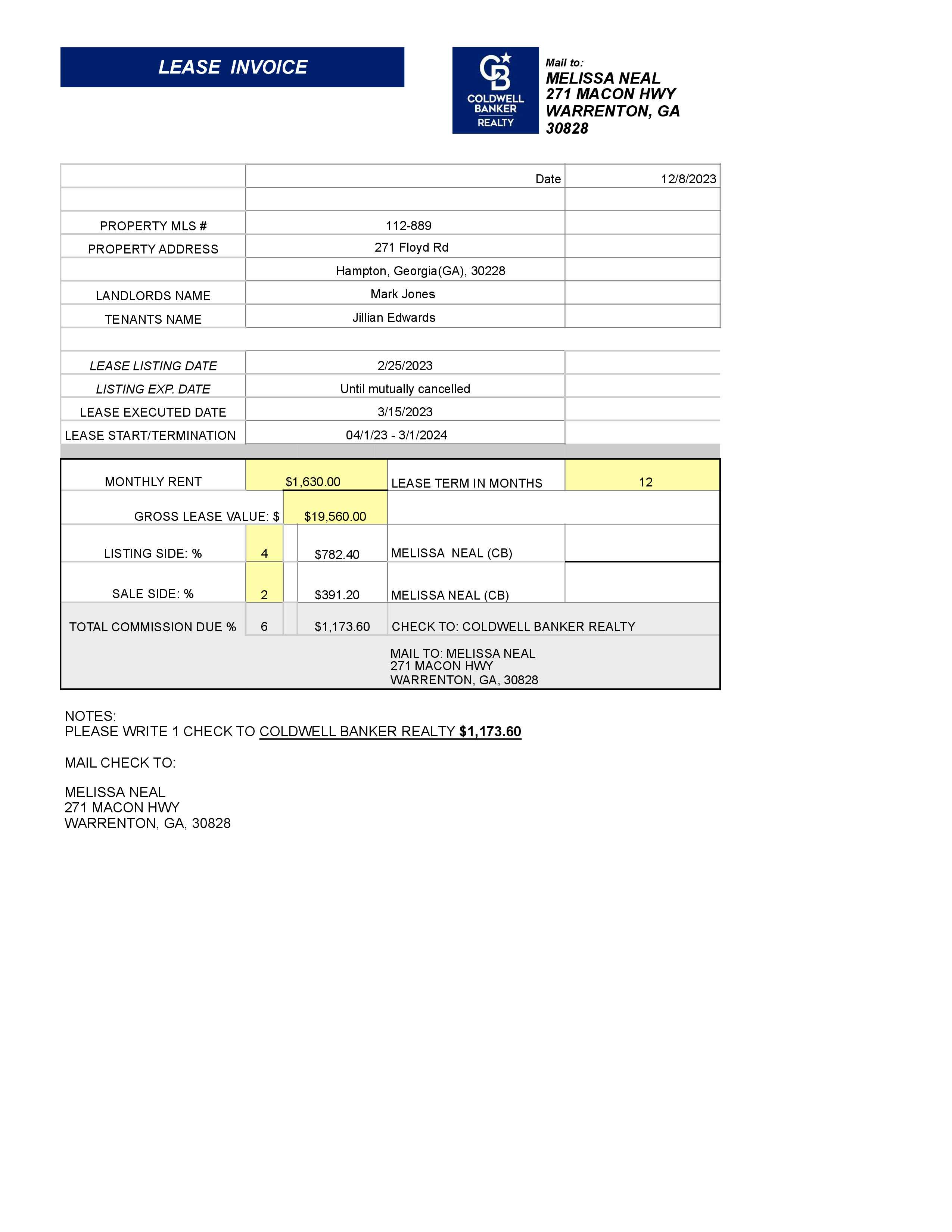Lease Invoice Template
Edit Now
A lease company is a business that specializes in leasing assets to individuals or businesses for a specified period in exchange for regular payments. The assets that can be leased may include vehicles, equipment, machinery, real estate, or even software.
Lease companies can implement various costs to users, such as:
- Monthly lease payments: These are the regular payments made by the lessee to the lease company for the use of the leased asset.
- Security deposit: Some lease companies require a security deposit upfront to cover any damages or unpaid fees at the end of the lease term.
- Early termination fees: If the lessee decides to terminate the lease before the agreed-upon term, they may be subject to early termination fees.
- Late payment fees: If the lessee fails to make the monthly payments on time, they may be charged late payment fees.
- Mileage charges: If the leased asset is a vehicle, the lease company may implement mileage charges if the lessee exceeds a certain number of miles per year.
- Wear and tear fees: If the leased asset is a vehicle or equipment, the lease company may charge fees for excessive wear and tear on the asset.
Typical items that a lease company may charge for include:
- Acquisition fee: This is a fee charged by the lease company for processing the lease application and acquiring the leased asset.
- Documentation fees: These are fees charged by the lease company for preparing the lease documents.
- Disposition fee: This is a fee charged by the lease company at the end of the lease term to cover the cost of selling the leased asset.
- Taxes and registration fees: Depending on the type of leased asset, the lease company may charge taxes and registration fees to the lessee.
It's important to read and understand the lease agreement carefully before signing it to understand all the costs associated with leasing from a particular lease company.
